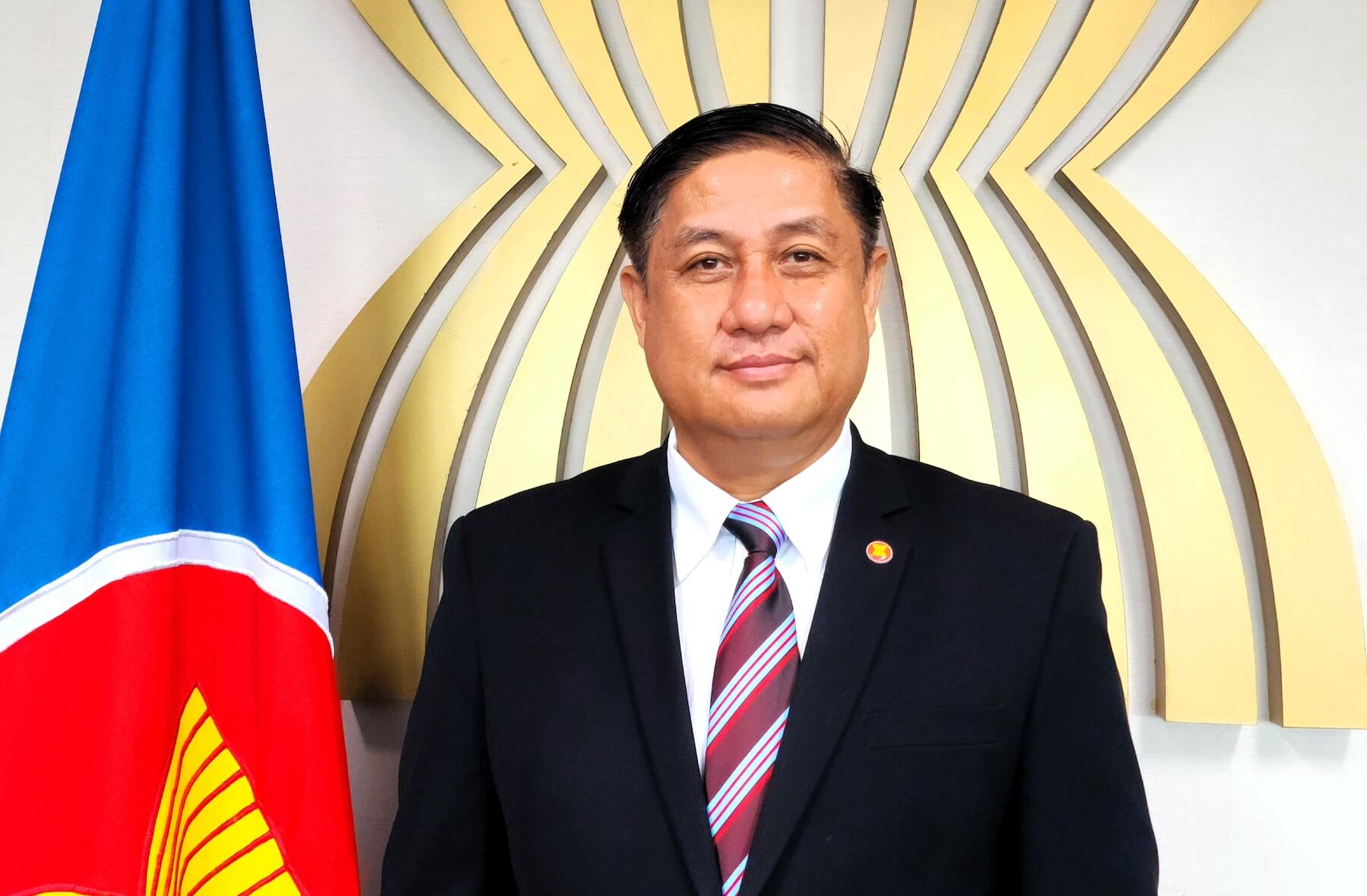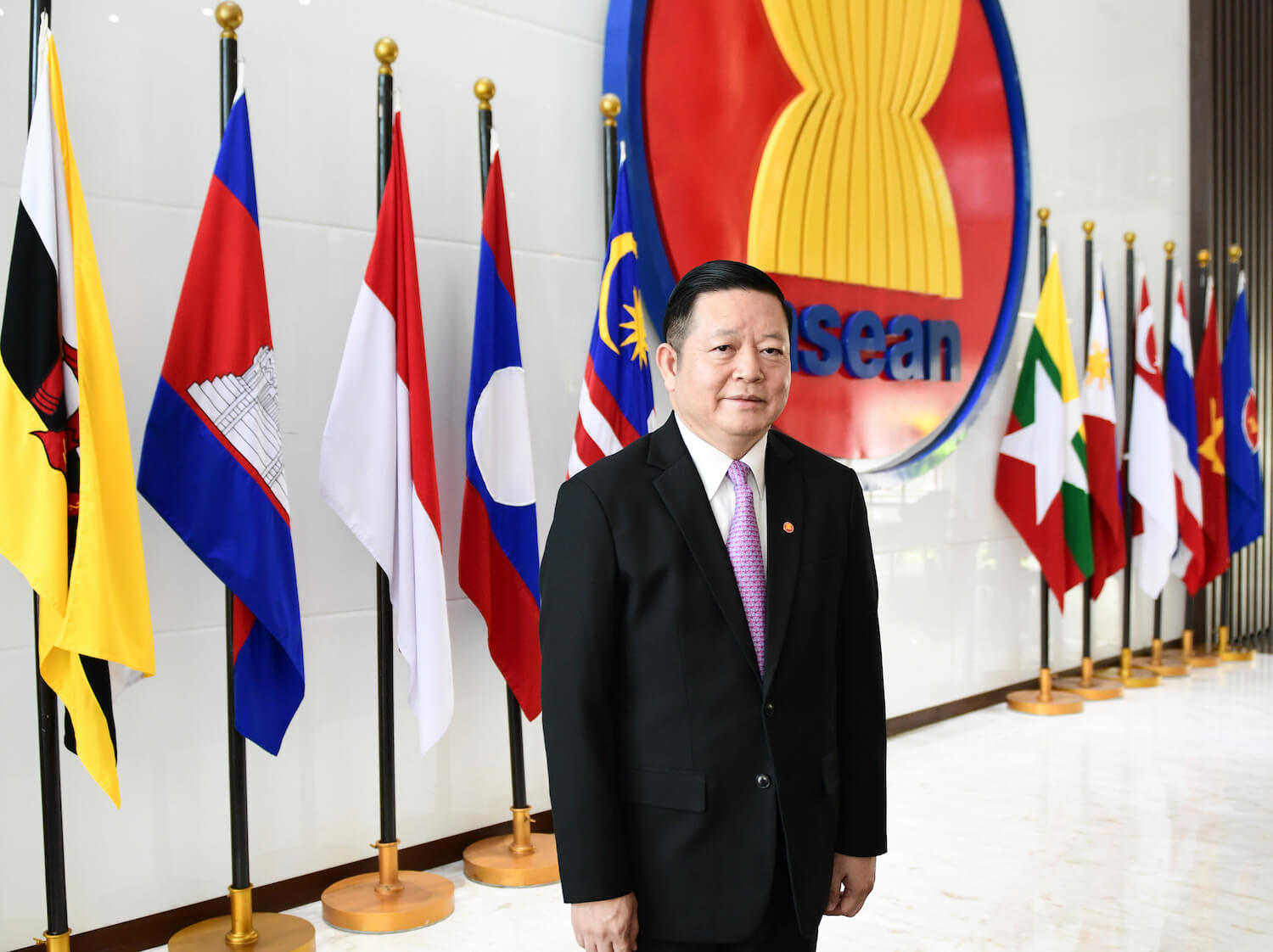

At just 21 years old, Louise Mabulo is an awardwinning chef, farmer, and public speaker. Her culinary career started after joining the Philippine version of the popular tv show, “Junior Master Chef.”
Mabulo shifted to agriculture advocacy, after witnessing the devastating impact of Typhoon Nock-Ten on her hometown, San Fernando, Camarines Sur. She founded the “Cacao Project,” a social venture that supports farmers in sustainable agriculture. Mabulo is a Young Champion of the Earth under United Nations Environment Program, Outstanding Farmer of the Year 2018, and a Friend of Humanity Awardee under Friendship Ambassadors Foundation. In April 2020, she landed a spot in the prestigious Forbes Asia Under 30 list.
“My town was an agricultural town and I had always been adamant about advocating farm to table food and promoting local produce for Filipino food and it’s been something that’s kind of always on my mind. So, from Junior Masterchef, I got launched unexpectedly into a culinary career at a very, very young age. I was looked at by a lot of chefs and mentors who wanted to kind of develop this young culinary prodigy and I felt that it wasn’t enough to just be a chef.
“I decided to buy cows and then slowly integrated other things, grew my own ingredients and food. I was just so passionate about agriculture and growing things yourself. And that was what I noticed when Typhoon Nock-Ten came in, that was why I knew I had to help the farmers because I was affected by that, and I saw how devastating that impact would be, especially if your livelihood was fully dependent on producing food.
“We were looking at cacao because after the storms you could see that they were still standing, the trees still had their pods on them, which was surprising, considering the strength of the storm. And not just that but we had to look at crops that were profitable with a high demand in the markets, that people would actually buy them from the farmers and they would be assured of a market. And it had to be something that was suited to our ecosystem.
“With the Cacao Project, our aim is to promote regenerative agriculture and its resilience for livelihoods. We have been doing training programmes that train farmers on sustainable farming and growing cocoa, and teaching them about farming practices like natural farming practices or bringing back traditional methods, and promoting that in general. In the end, what we do is we consolidate and connect the farmers with international buyers or local buyers who are looking for cacao. We make sure they get paid a fair price and we show them how to value their product, how much their product is worth. Because a lot of farmers here are kind of taken advantage of by middlemen or people who just want to get the cheapest crops and harvests that they can.
“Well, we’ve worked with over 200 hundred farmers and we’ve planted over 85,000 thousand trees over a span of 85 hectares of land. And thanks to this, a lot of the soil fertility has been improving throughout the town. We’ve seen revivals of streams and water sources because of the tree planting efforts and because of diversifying the crops.
“Agriculture is considered one of the most unsustainable industries because it has a lot of greenhouse gas emissions, it pollutes a lot of areas, and it causes a lot of deforestation. But with sustainable and regenerative agriculture, we’re integrating it into forests and towards sustaining land caves so that it’s intrinsically sustainable. Food is something necessary and we’ve been farming for ages, but it’s just in the past 50 years or so that agriculture has become unsustainable because of mass production and use of chemicals.
“Early on our challenge was getting farmers to understand what our mission was and to see the vision in the long term, because, if a girl like me shows up on a farm, people won’t exactly take me with much credibility because there are stereotypes around farming here. So it’s teaching farmers about the possibilities of agriculture—that it’s profitable, that there’s so much opportunity in it—and to see themselves differently and to disassemble these stereotypes and negative stigmas we often associate to agriculture.
“I wouldn’t have been able to work with farmers if I hadn’t been living here, and been able to empathise with them because I grew my own crops. And it’s important to work on issues that are not only close to you, but have a great impact within your community or within your circle that you work with.
“A lot of farmers are really encouraged by the increased in profits that they are expecting to see, and not just from cocoa, but a lot of the crops that we gave them. The idea of diversified crops and teaching them how to regenerate and revive soil so that it produces more income for them and more harvest, I think that’s one of the things that really motivates people.
“I think for the whole region, I hope that more young people can come to view agriculture as a noble profession with lots of potential. I’m really overwhelmed that Forbes would come towards us, and choose to put us on the front page of their magazines, especially since that’s something that’s often associated with billionaires and the really elite class of people. So, it’s a huge honor and it’s a giant step not just for me, but also for the farming communities here in ASEAN and here in the Philippines.
“One of the things that these awards have really done is, it’s empowered a lot of farmers to view themselves and change their view of the industry. A lot of the farmers here are often associated with poverty. They want to get out of an agriculture career. But now, they’re kind of encouraged to continue it and they see a new vision for its potential in the country and for themselves, as well.
Interviewed by Mary Kathleen Quiaño-Castro. The conversation has been condensed and edited for clarity. The views and opinions expressed in the text belong solely to the interviewee and do not reflect the official policy or position of ASEAN.








